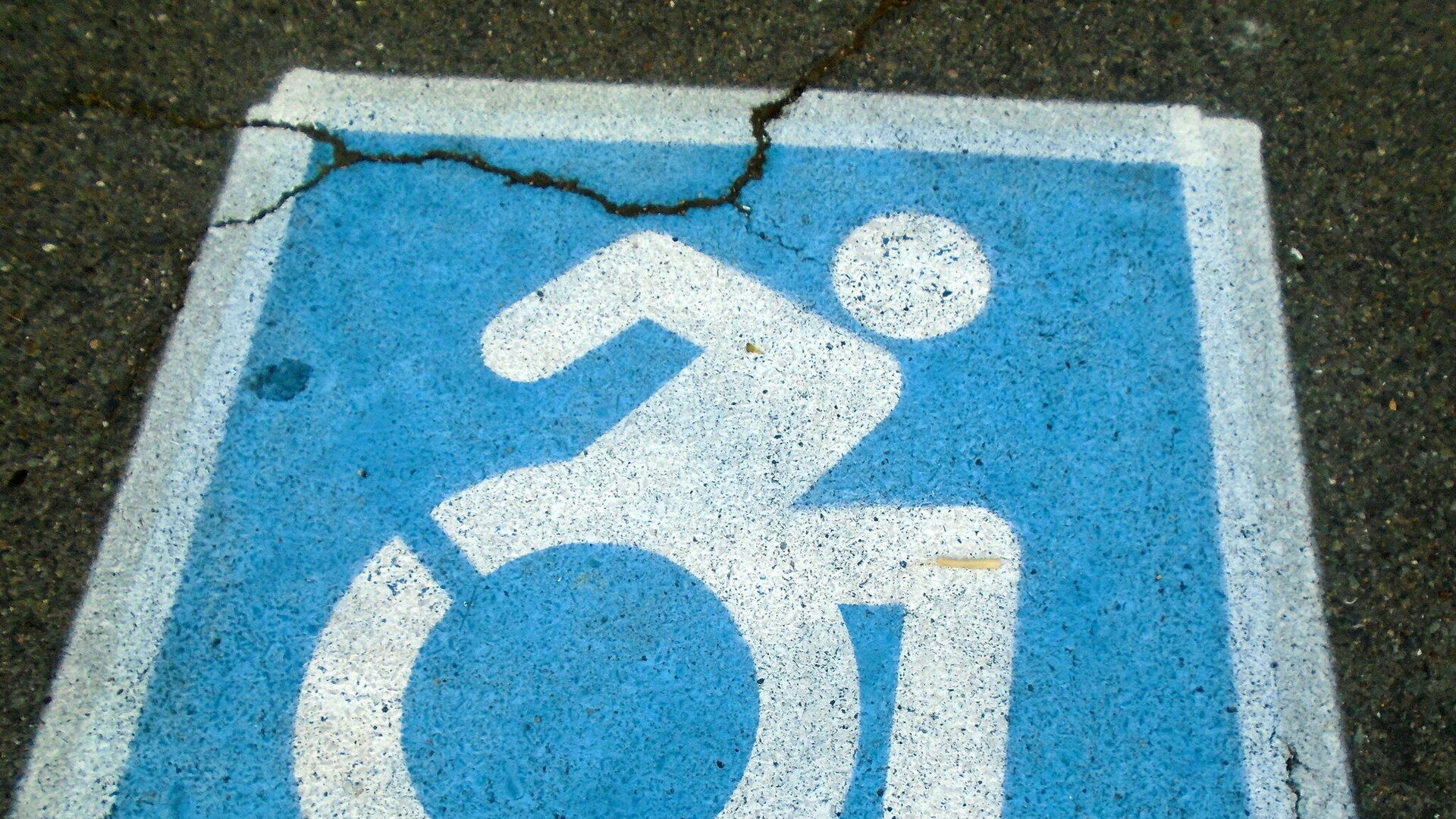US Workers Suffering From ‘Long Covid’ Could Qualify as Disabled, New EEOC Guidance Says
20:18 GMT 15.12.2021 (Updated: 13:27 GMT 06.08.2022)

© Flickr / Picasa
Subscribe
New guidance from the US’ federal workplace antidiscrimination agency on Tuesday laid out the requirements for having contracted COVID-19 to be considered a disability, protecting workers’ jobs if they suffer chronic symptoms from the virus.
According to an update to the Equal Employment Opportunity Commission’s (EEOC) document on COVID-19 and the Americans With Disabilities Act (ADA), a person can be defined as having a disability if an evaluation of their condition meets at least one of a three-part definition.
“Like effects from other diseases, effects from COVID-19 can lead to a disability protected under the laws the EEOC enforces. Workers with disabilities stemming from COVID-19 are protected from employment discrimination and may be eligible for reasonable accommodations,” EEOC Chair Charlotte Burrows said in a Tuesday statement accompanying the update.
The EEOC makes clear that the definition is not intended for people who get “regular” COVID-19 and suffer flu-like symptoms or others that only last for a couple of weeks and then go away. Instead, the rule change is intended to protect those who suffer from what’s been variously called “long Covid,” “long-haul Covid,” “post-Covid” and “chronic Covid.”
According to the US Centers for Disease Control and Prevention (CDC), Long Covid symptoms “are a wide range of new, returning, or ongoing health problems people can experience four or more weeks after first being infected with the virus that causes COVID-19. Even people who did not have COVID-19 symptoms in the days or weeks after they were infected can have post-COVID conditions. These conditions can present as different types and combinations of health problems for different lengths of time.”
Those symptoms can include headaches that last for days, dizziness, brain fog, body aches, memory loss, and loss of sense of taste, among others.
It’s not exactly clear why or how someone infected with SARS-CoV-2 develops Long Covid, but studies have found that between 10% and 36% of those infected continue to experience Covid-like symptoms three to six months after diagnosis.
According to the EEOC’s guidance, a person can be defined as having a disability if their symptoms actively limit them mentally or physically from being able to engage in “a major life activity such as walking, talking, seeing, hearing, or learning, or operation of a major bodily function.” They could also qualify if they have a “record of” the disability, meaning the symptoms come and go, or if an existing condition is exacerbated by the symptoms such that it becomes a disability, even if it wasn’t before.
“The limitations from COVID-19 do not necessarily have to last any particular length of time to be substantially limiting,” the agency added.
However, experts noted the departments of Health and Human Services and of Justice have said since July that sufferers from Long Covid could be protected both by the ADA and the Patient Protection and Affordable Care Act (ACA), also known as Obamacare. Rather, the EEOC’s updated guidance provides a framework for practical awarding of legal protections for it.
“There’s no changes to the law, it’s what we’ve been saying the whole time - that Covid can be a disability,” Eve Hill, board chair of disability law advocacy group Bazelon Center for Mental Health Law, told Bloomberg.
“One of the things employers often don’t understand, if Covid aggravates another underlying preexisting condition, that condition can become a disability, even if it wasn’t before,” Hill added.
